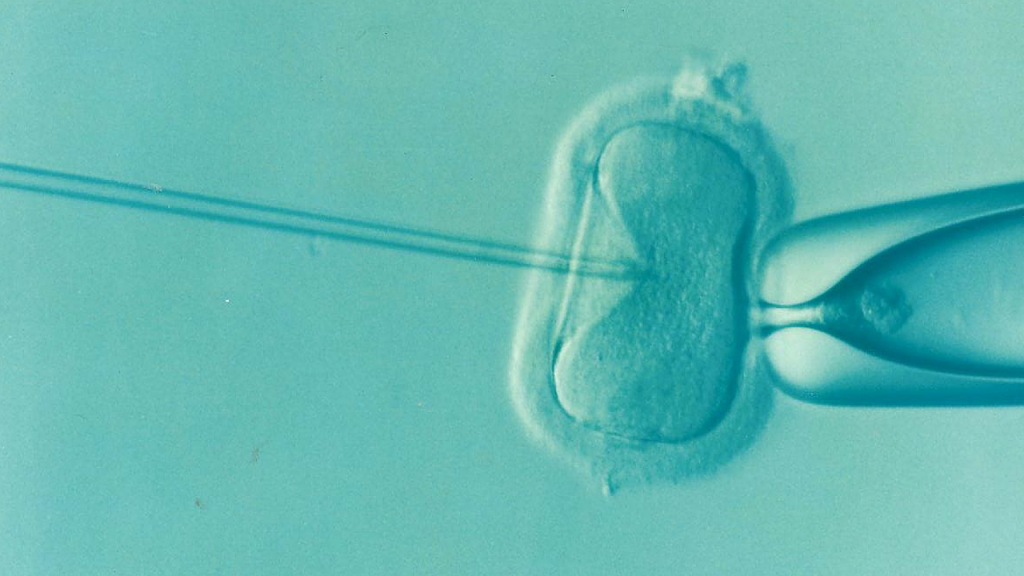Having a child is one of the most rewarding experiences in life. For most people, this involves years of planning and preparation as well as many expensive tests and procedures. Although infertility can be heartbreaking, it’s important to know what causes it so that you can take steps toward improving your chances of having a baby on your own.
Age
The chances of getting pregnant decline with age. Women in their early 20s have the highest fertility rates, while those aged 30 to 34 are most likely to have a baby. The causes of infertility are variable and can be caused by many different factors, including:
- Physical problems like endometriosis or tubal disease
- Psychological issues such as anxiety, depression
- Hormone imbalance
Ovulation disorders
Ovulation disorders are the most common cause of infertility. Ovulation disorders include polycystic ovary syndrome (PCOS), luteal phase defect, and hypothalamic amenorrhea (HPA).
PCOS is a common cause of infertility that affects 5-10% of women in their reproductive years. Women with PCOS produce too much testosterone and have irregular periods or no period at all even while they’re pregnant; they also have higher levels of insulin resistance than other women who don’t have PCOS. Luteal phase defect is caused by high levels of estrogen during pregnancy which causes the lining in your uterus to thicken slightly before ovulation occurs—but it doesn’t go away completely until after delivery has occurred! HPA also causes irregular menstrual cycles but usually only occurs if there’s been an early pregnancy loss or tubal surgery performed on a woman already having regular cycles—in other words: if you don’t know what caused this problem then talk with your doctor about getting tested for it so that he/she can figure out how best treat it!
Fallopian tube damage or blockage
The fallopian tubes are the passageway from the ovaries to the uterus. They carry a fertilized egg from one woman’s ovary to another woman’s uterus, where it will develop into a baby.
If you have a blocked or damaged fallopian tube, there’s a chance that you could become infertile. In some cases of blocked or scarred tubes, it is possible for your doctor to repair them with surgery; however, this can be expensive and may not work for everyone who needs surgery.
If you have had previous surgeries at least five years prior (such as having an abortion), make sure that any surgery you need is done by an experienced surgeon who knows how much time has passed since they last performed this kind of procedure on someone else—because if they did perform such surgery before then and got away without problems then why would we think anything different now?
Endometriosis
Endometriosis is a condition in which the endometrium grows outside of the uterus. The most common cause of infertility, it can also cause pain and abnormal bleeding.
The good news is that there are treatments available to treat this common problem that can help women get pregnant again more easily. Surgery, medication or hormone therapy may be used to remove or reduce symptoms associated with endometriosis so you can feel better about trying to conceive again!
Uterine or cervical causes
Many patients are surprised to learn that uterine or cervical causes are the most common causes of infertility. These include:
- Multiple births (twins, triplets)
- Infections: Chlamydia trachomatis, gonorrhea, hepatitis B and C (HBV/HCV), human immunodeficiency virus (HIV) and syphilis
- Tumors: Endometrial carcinoma and other cancers of the endometrium
Pelvic adhesions
Pelvic adhesions are a common cause of infertility. They’re caused by inflammation and can be treated, but sometimes they don’t go away on their own.
If you have pelvic adhesion, it’s important to get it checked out by your doctor because it could be the cause of your infertility or other problems like endometriosis (a condition where tissue from the lining of the uterus grows outside the womb).
Know Here: Does Orgasims Help You Lose Weight
Many things impact fertility.
The primary causes of infertility are age, ovulation disorders and fallopian tube damage or blockage.
Other factors that may have an impact on your ability to become pregnant include:
- Endometriosis: This condition is characterized by the presence of endometrial tissue outside your uterus—in other words, it occurs when the cells that line an organ other than the uterus (the endometrium) grow inside you. It can cause chronic pelvic pain and tissue scarring that disrupts normal function of your reproductive organs.
- Uterine or cervical causes: These include uterine factors such as fibroids or endometrial hyperplasia (when there are too many immature eggs), or cervical factors like a history of sexually transmitted diseases such as chlamydia and gonorrhea (causing inflammation).
Endometritis occurs when bacteria infects inflamed tissue around a woman’s uterus during pregnancy—usually after she’s had sex but hasn’t yet conceived. If this infection spreads beyond its usual boundaries then it could lead to infertility because it prevents conception by blocking sperm from reaching an egg for fertilization purposes.”
Conclusion
We hope this article has helped you understand what causes infertility. If you have any questions or concerns, please contact your doctor.








